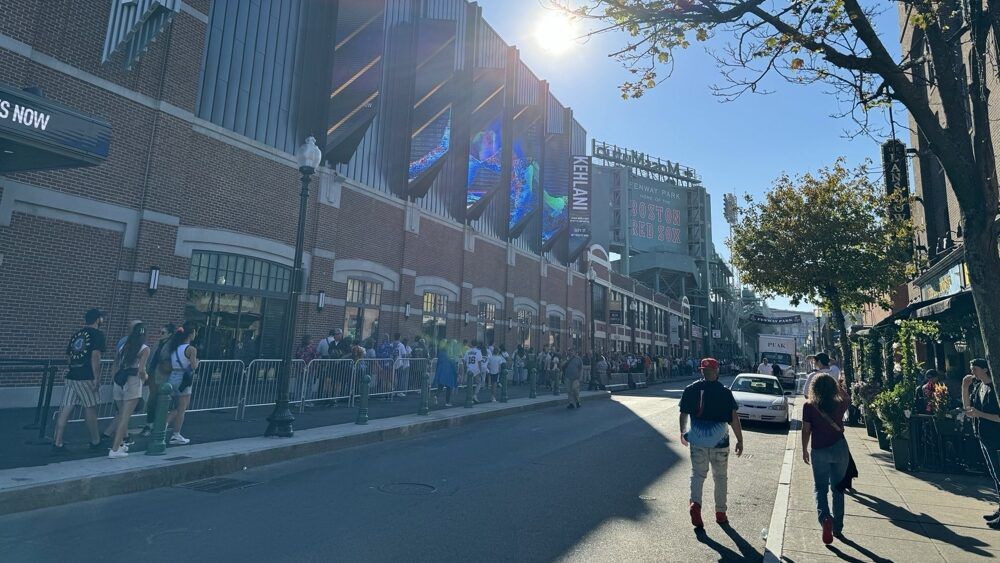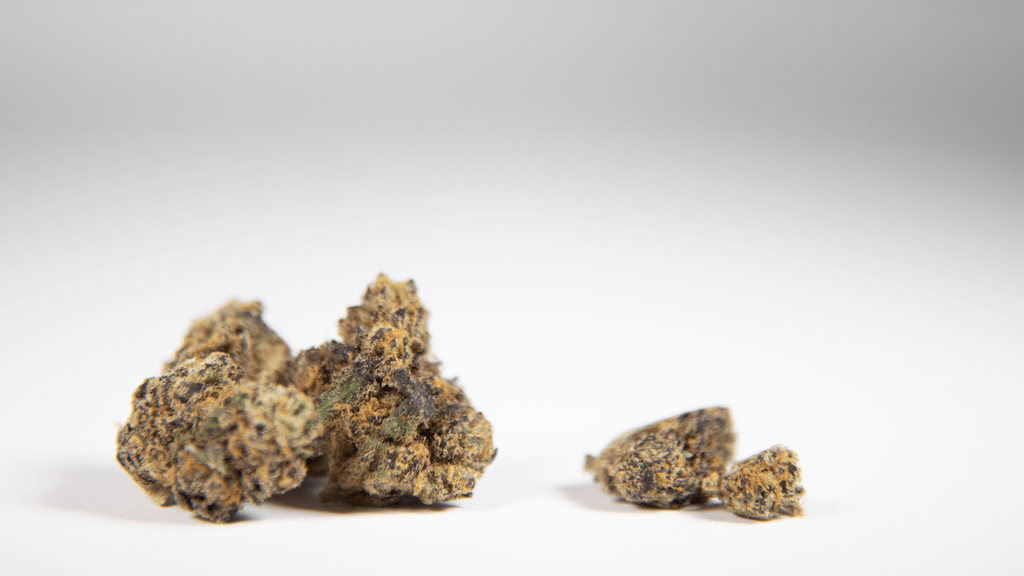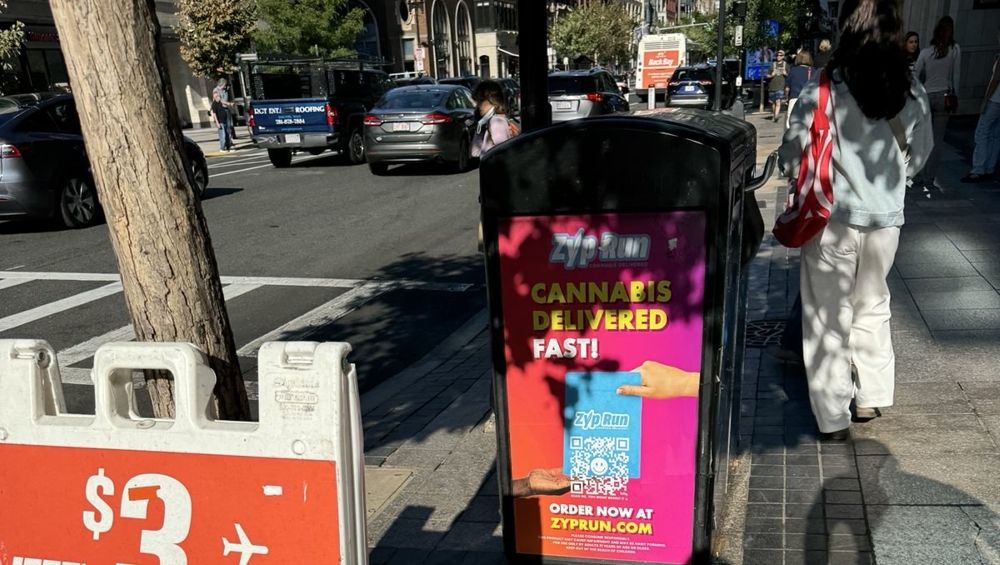Since Massachusetts legalized recreational cannabis in late 2016 (with legal sales beginning in mid-2018), expectations have centered on whether this would reduce crime — particularly low-level marijuana offenses and violent crime. Boston, like other U.S. cities, provides a revealing case study.
Drop in cannabis-related arrests
One clear outcome is that cannabis-possession arrests plummeted. The shift from criminalization to legalization ended most arrests for simple possession, aligning with patterns seen across the state. While a 2008 decriminalization law already curtailed prosecutions — with only civil fines replacing jail time for small amounts — full legalization further reduced enforcement, easing pressure on the criminal-justice system.
Overall crime rates remain steady
Despite reduced cannabis arrests, overall crime in Boston has remained largely unchanged. Local analysts agree that legalization did not trigger a surge in violent or property crime. Nationally, studies in legal-cannabis states like Colorado and Washington echo this finding: there has been little to no statistically significant effect on crime rates directly attributed to cannabis legalization.
Complex interplay of factors
Experts caution that interpreting crime statistics is challenging. Differences in data collection, definitions, policing strategies, and socio-economic dynamics make causal links difficult to establish. For Boston, efforts to address issues like youth violence — symbolized by legacy programs like Operation Ceasefire — continue independently of cannabis policy.
Ongoing concerns and challenges
One emerging concern is underage access. Some local treatment specialists report increased youth cannabis use following legalization, a pattern seen nationwide when legal markets expand. Additionally, an unregulated “delta-8 hemp” product market has raised alarms among state officials, since dangerous THC analogs sometimes evade oversight. These illicit or quasi-legal products are drawing scrutiny for their unknown potency and potential availability to minors.
Regulatory and enforcement responses
In response, Massachusetts lawmakers recently advanced reforms to restructure the Cannabis Control Commission, introduce stricter oversight for intoxicating hemp products, and bolster regulatory capacity. The goal is to close loopholes, tighten licensing, and enhance compliance. New rules aim to restrict delta-8 blends, harmonize labeling and testing standards, and give local authorities more control over retail zoning.
Meanwhile, law enforcement continues to focus on serious offenses such as violent crime and gang activity. Programs like Operation Ceasefire remain active, deploying problem-oriented policing and targeted interventions to reduce youth gun violence. These long-standing, community-centered strategies are seen as more directly responsible for declining serious crime rates than cannabis policy itself.
Looking ahead
While legalization has not dramatically reshaped Boston’s crime landscape, its impact on cannabis possession arrests has been profound. The challenge going forward lies in managing youth access, regulating hemp-derived products, and ensuring robust oversight of the legal market. Boston’s evolving policy environment — bolstered by legislative reform and proactive policing — reflects a deliberate effort to minimize unintended consequences and promote public safety in a new cannabis era.




